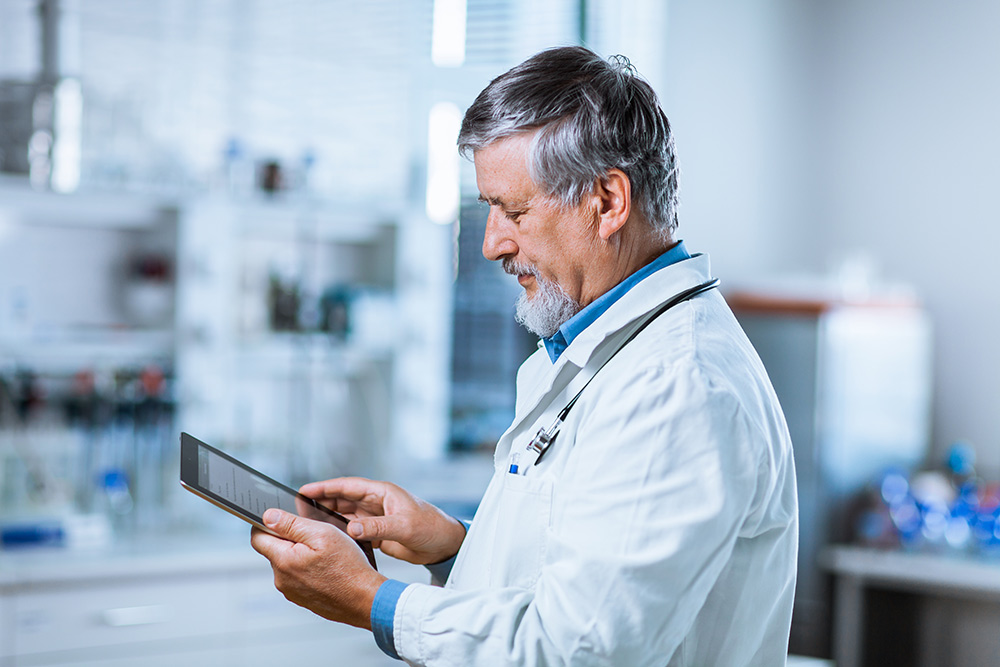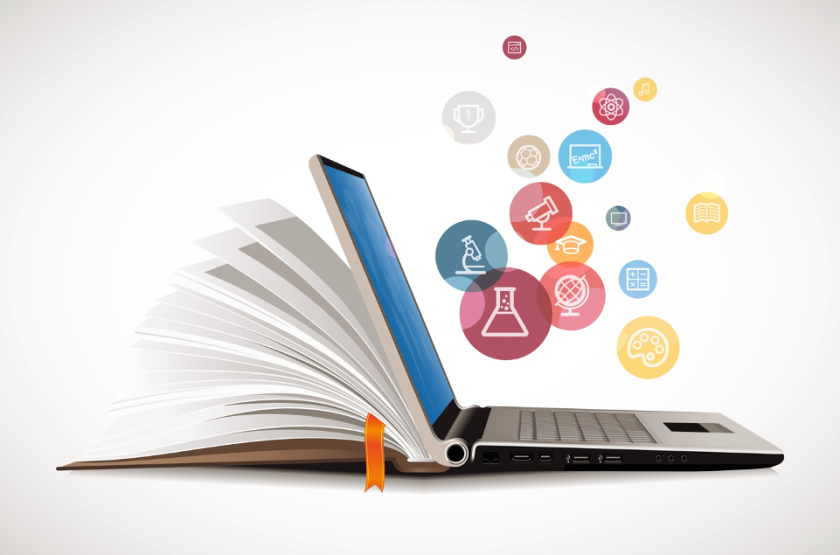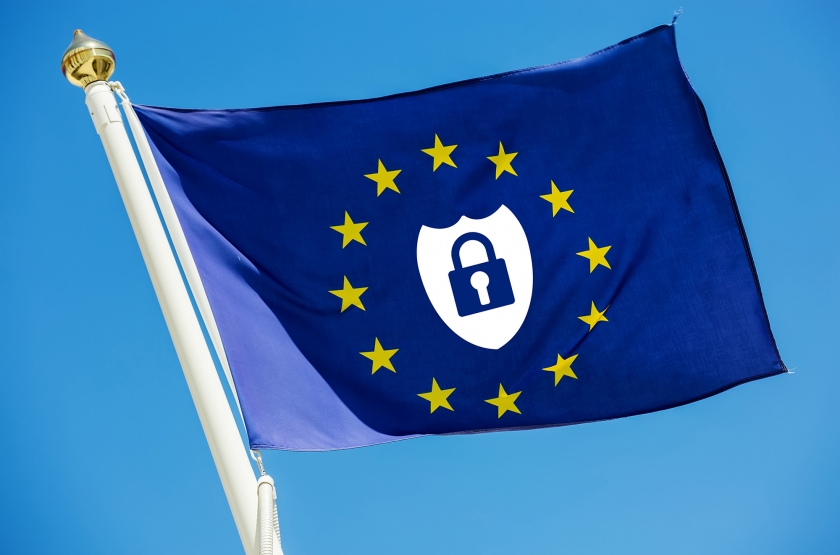Let the medical experts translate
- Emily Feng
- January 19, 2016
- 5,553 views

Doctors understand medical texts better. The same is true of any number of industries. Industry experts are already in command of domain specific terminology and understand the way an industry speaks about its subject matter. However, until now, medical experts have been unable to participate in the translation process largely because traditional translation software is desktop-based and difficult to use, shutting out most medical experts from taking on translation or linguistic reviews.
Subject matter expertise is particularly crucial for the life sciences (including pharmaceuticals, medical equipment production, and primary care) because of the utmost need for accuracy and clarity. Good translation and communication is important in every industry, but in the life sciences, a small error can result in serious harm to others, not to mention potentially millions in fines.
The technical expertise required by life science translation means that there is an extremely limited pool of qualified translators who are able to work on translating packaging, technical manuals, marketing materials and other documents for the life sciences. This can lead to bottlenecks in translation projects and drives up the cost of life science translation, some of which is passed on to the consumer. Because of this, life science companies, patients, and localization companies lose out. Patients get more expensive care, companies struggle to make their products available worldwide, and localization companies miss out on big projects because of a lack of capacity.
And still, demand for life science translation continues to grow. As the global population ages, demand for new medical technologies and drugs to keep us healthy increases. Pharma is already an industry that tops 1.2 trillion USD annually; meanwhile, biotechnology and medical technology are fast-developing industries that already command a 650 billion USD market. What’s more, market growth primarily comes from the Middle East, Africa, and Asia. That means even though the majority of pharmaceutical and medical science companies are still based in North America and Europe, their products will need to be packaged and distributed globally to meet demand.
Now, new mobile translation technology is able to harness the knowledge of medical experts to help translate highly technical content for much better technical accuracy and improved readability. Whereas previously translation tools were too complex for anyone but a full time, professional translator to use, mobile translation tools like Stepes present an innovative solution to technical translation challenges, particularly for translating life science material.
We all know doctors are too busy to afford much time to translate full texts on top of everything else. Yet many doctors and medical experts express concern about inaccurate medical translations and would be willing to take a few minutes each day in offering their bilingual expertise translating or reviewing short chunks of medicaltext or terminology. Stepes meets this demand and need by shifting translation to mobile. Smartphones – now ubiquitous – are the perfect tool for translation because it allows us to take translation on the go. Moreover, because Stepes uses a chat-based interface, it can break projects into smaller pieces and assign them to multiple translators simultaneously, perfect for medical experts with busy schedules. It then uses terminology management and translation memories to ensure consistency. Stepes finally gives these experts an easy way to spend as much time as they have to do spot checks, reviews, or short translations managing medical terminology translation right from their smartphones.
We stand to gain faster, more affordable, most importantly, more accurate medical translations if we can harness the expertise of medical experts. Bilingual experts and who practice medicine, administer to patients, design medical products, or work direct with the life sciences on a daily basis are perhaps the most knowledgeable translators with the context and understanding to ensure a truly accurate medical translation. By widening the pool of who can participate in translation and employing existing quality standard protocols, we can produce much better translations.
Translation doesn’t have to be time-intensive, nor does it have to require expensive and complicated software. By shifting translation to mobile, we can give translation a much needed facelift and bring in fresh language talent. Stepes does just that by giving life science experts a way to contribute to public knowledge and global development by translating industry-specific content in their free time and earn money while doing so. There is no better solution for improving translation quality than having people who are passionate about the subject matter field to do the translation themselves.












We love ur weblog very much. i think I will visit your website again soon!